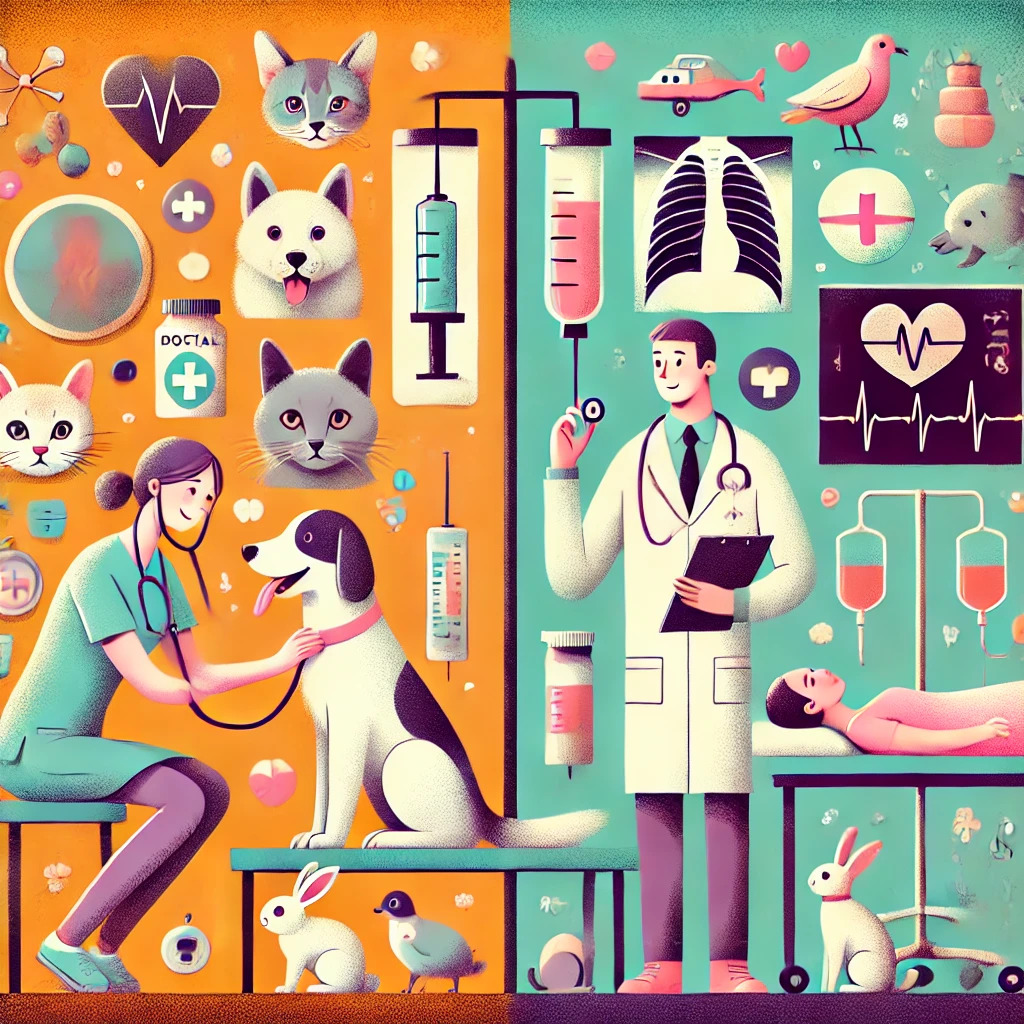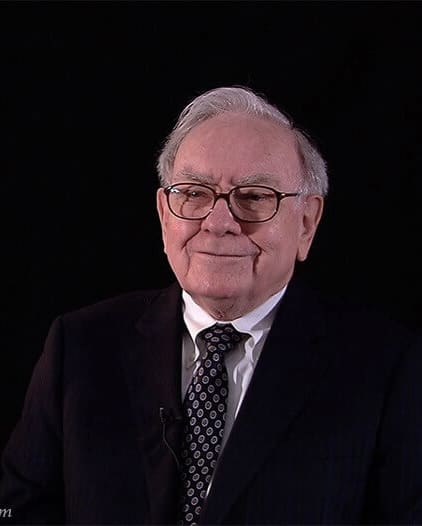“…Sometimes that stress is contagious and one pet can begin what becomes a cacophony of barking or yowling..”
Have you ever wondered why your dog or cat seems happy to visit the veterinarian as a puppy or kitten only to be petrified at his one year visit? Whatever happened to your happy pup who was so excited to come for her monthly boosters? Or your playful kitten who suddenly becomes a growling, hissing terror? I exaggerate of course… but only a little. 🙂
This very subject was discussed at one of our staff meetings about a year ago in an effort to improve patient (and client) experience while at the vet office. There are numerous studies and publications in recent years in the veterinary field on the impact of pre-appointment medications to reduce fear and anxiety in dogs and cats at veterinary visits but instead of a review of the literature I would like to share our personal experience since we’ve implemented this strategy at our hospital.
There’s a defining moment in a companion animal’s life when they go to their veterinarian for the dreaded “desexing” surgery. And although the subject of funny memes (I’m thinking Gary Larson and his impeccably humorous cartoons) sterilization surgery is a very stressful experience for a pet. Dogs and cats are admitted in the morning after having skipped breakfast.Their routine is disrupted. Then they get blood drawn, an intra-venous catheter inserted, they are then poked and probed all this amongst other animals undergoing the same experience. Sometimes that stress is contagious and one pet can begin what becomes a cacophony of barking or yowling in the case of our feline patients. Soon enough the staff’s stress level is off the charts.
Of course we, as veterinary professionals, do this with care and empathy. But that does very little to diminish the stress that pets go through on that day. Not to mention, there’s the anesthesia and the surgery itself during which the pet is blissfully asleep and gets a reprieve from all the anxiety, only to resume at recovery.
Even with pain medications used liberally, there always is a feeling of dysphoria on recovery that is unfamiliar and unsettling.
So back to the start: how would we prevent the happy babies from becoming untrusting and fearful once they had been here for surgery? That’s when we decided to implement at home pre-surgery sedation. It was recommended to pet owners to give their pet a medication previously prescribed by us in order to decrease anxiety before even walking into the office that day. Surgery preparation is now much calmer, pets are clearly more relaxed and more tellingly, they’re happy to come back! Everybody wins!
The medications prescribed vary and are tailored to the needs and health status of each pet, and the personal preference of each veterinarian and of course pet owners can decline to pre-medicate their pet altogether.
I do believe however that anxiolytic medications have a huge place in veterinary medicine, not only in uncooperative patients, but most patients about to undergo a stressful procedure-it’s a better experience for everyone. Our technicians have noticed a particular impact on our feline patients who notoriously get stressed easily, and Zoetis now manufactures a FDA approved liquid pregabalin solution named Bonqat just for this purpose.
Going to the veterinarian does not have to be stressful for you or your pet. Fortunately we continue to find ways to improve the experience and keep our furry friends calm, cool and collected!
Dr. Caroline Simard-Swimmer
Medical Director, Pets After Dark





